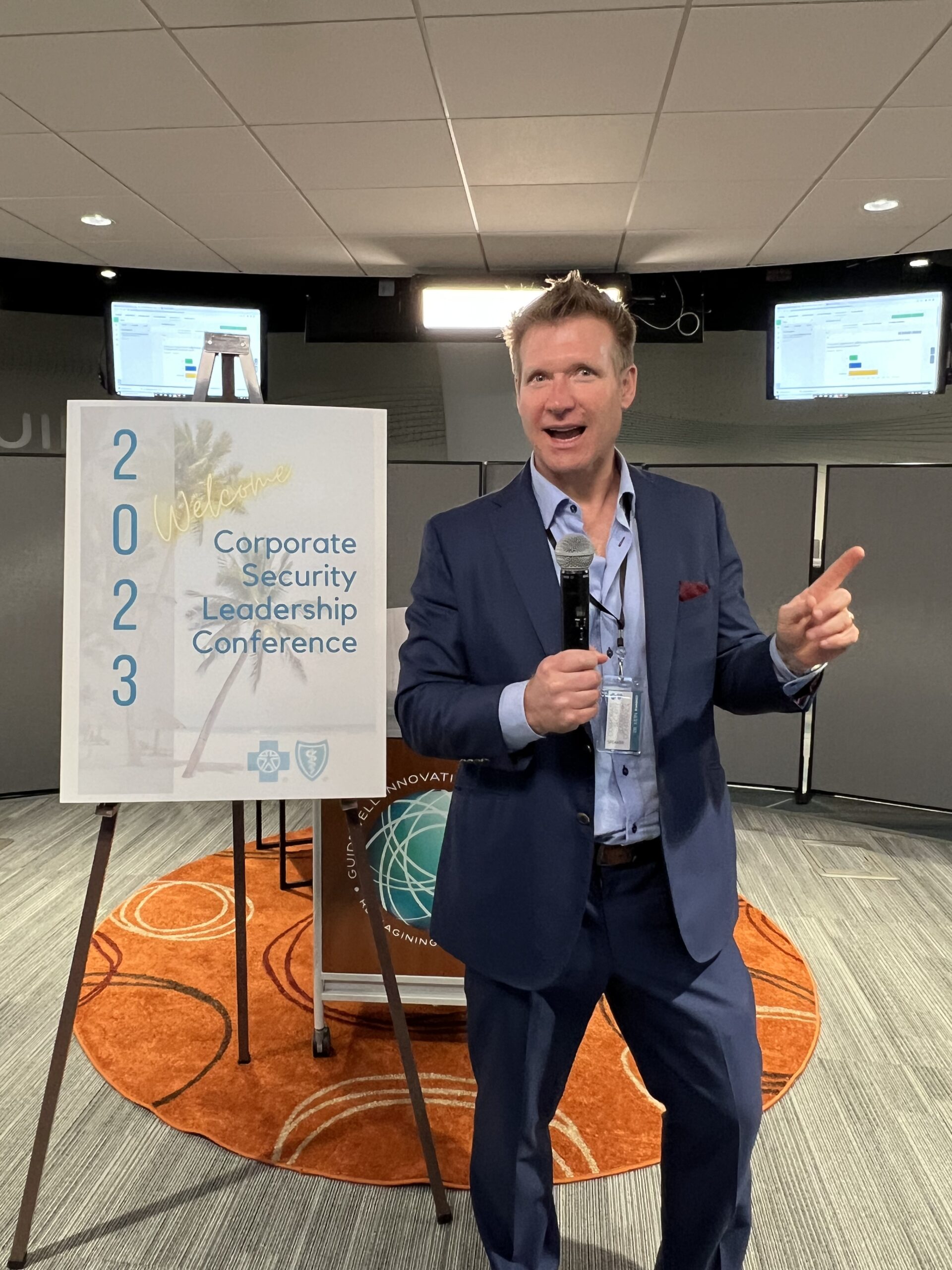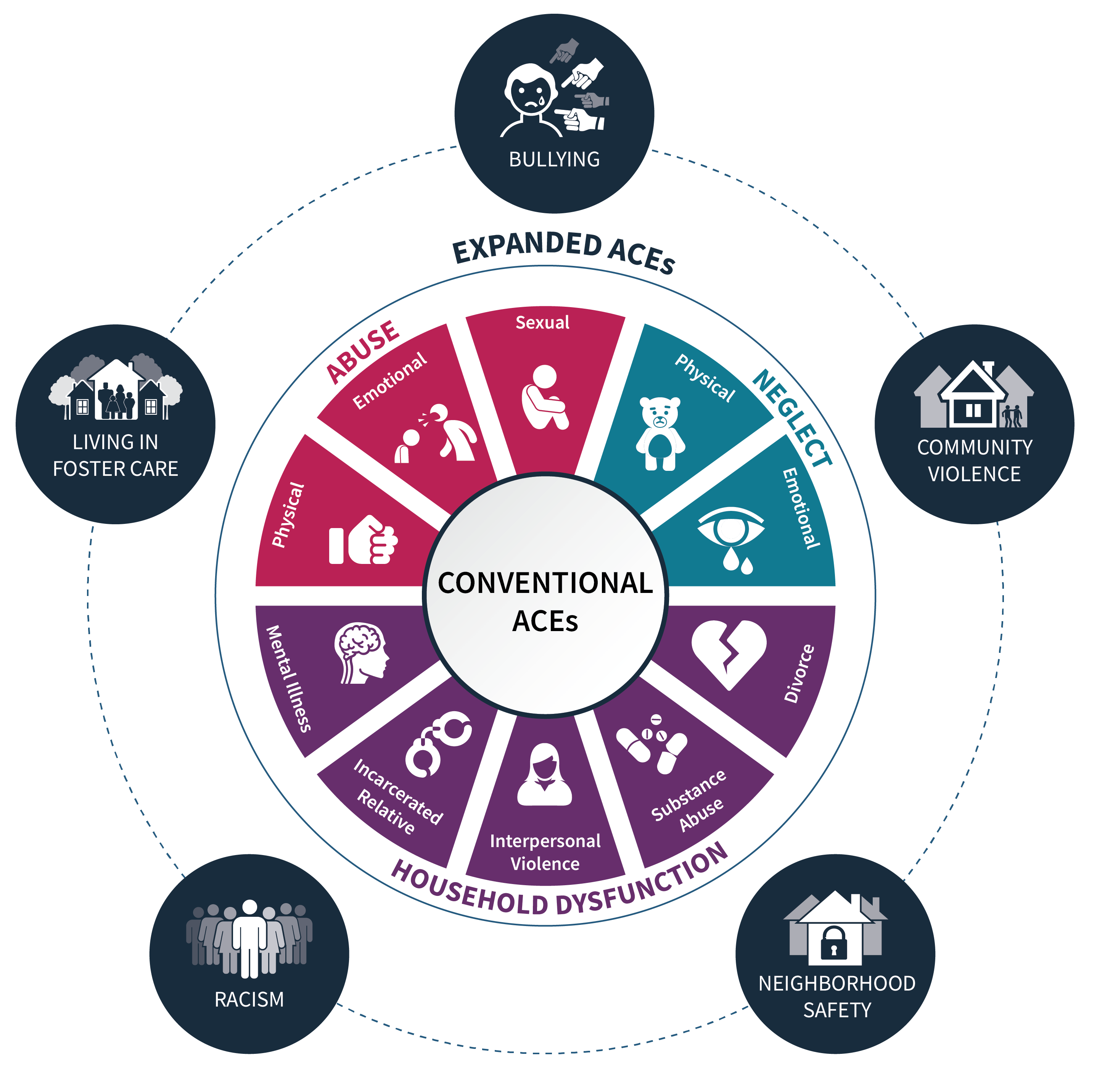- HOME
- PSYCH SERVICES
- BUSINESS & PERFORMANCE PSYCHOLOGY
- CLINICAL, COUPLES, & FAMILIES
- ADHD Treatment & Evaluation Services
- Anger Management
- Anxiety Treatment & Evaluation Services
- Borderline Personality Treatment Services
- Cognitive Behavioral Therapy (CBT) Self-Help
- Couples Counseling and Marital Therapy
- Consent for Psychological Services for Minors Post-Divorce
- Depression Treatment Services
- Infidelity Recovery
- Jacksonville Counseling and Psychology
- Military Psychology & Tricare
- Narcissistic Personality Treatment Services
- Online Counseling
- Psychoeducational Testing
- Psychological Testing and Assessment
- Psychotherapy & Counseling
- FORENSIC PSYCHOLOGY & EXPERT TESTIMONY
- LIFE COACHING & EXECUTIVE COACHING
- PSYCHOLOGICAL PUBLIC DISABILITY QUESTIONNAIRES (DBQ)
- ONLINE COURSES
- Our Partnership Begins When You Purchase an Online Course
- Get to Know Dr. D’Arienzo, Relationship Expert
- Florida Premarital Preparation Online Course
- Georgia Premarital Education Online Course
- TwogetherinTexas Premarital Online Course
- Tennessee Premarital Preparation Online Course
- Minnesota Premarital Education Course Online
- Oklahoma Premarital Counseling Online Course
- South Carolina Premarital Preparation Course
- West Virginia Premarital Education Course
- Online Marriage and Relationship Tune Up Course
- Florida DCF Certified Parent Education and Family Stabilization Online Course
- Georgia Qualified Parent Education and Family Stabilization Online Course
- Texas Qualified Parent Education and Family Stabilization Online Course
- High Conflict Co-Parenting Online Certificate Course (8 Hours)
- Online Anger Management Four Hour Course (Level 1)
- Online Anger Management Eight Hour Course (Level 2)
- Sexual Harassment Online Training
- MMPI/GUARD/LEO
- CPI Police and Public Safety Assessment
- G License Psychological Testing
- Online Psychological Testing for Armed Security Guards and Personal Protection Officers
- MMPI Texas Level III CSO and IV PPO Psychological (ONLINE)
- Requirement for Texas Security License Applicants: MMPI Evaluation
- Level 3 Security Guard New Mexico Online MMPI Psychological Evaluation
- TEAM
- SOCIAL MEDIA/BOOKS
D'Arienzo Psychology Blog
Charting Parenting Plans Post-Divorce: A New Roadmap

Posted by: Dr. Justin D'Arienzo, Psy.D., ABPP
This article highlights the importance of crafting a well-structured parenting plan after divorce. It emphasizes the need for strategic planning, effective communication, and a focus on the child’s well-being. The article explains that a parenting plan is a written document that outlines various aspects of parenting, including living arrangements, visitation rights, and decision-making. Research suggests that the primary goal of a parenting plan is to reduce conflict, promote stability, and ensure the emotional well-being of the child. The article emphasizes the significance of maintaining a collaborative and child-centered approach during the planning process. It suggests incorporating the views of children, as studies show that their involvement leads to better adjustment to the changes brought about by divorce. Flexibility is also crucial, as the plan should adapt to the evolving needs of the child. The article highlights the usefulness of digital tools in managing parenting plans, offering examples of applications that facilitate communication and organization. Lastly, the article encourages seeking professional assistance from psychologists, divorce counselors, and mediators to ensure a mutually agreeable co-parenting plan. By prioritizing the child’s needs, promoting open communication, and utilizing available resources, divorced parents can develop a comprehensive parenting plan that serves the best interests of everyone involved.
Best Practices in Psychological Testing for Armed Security Personnel

Posted by: Dr. Justin D'Arienzo, Psy.D., ABPP
Insights from a Leader in Security Psychological Testing
Dr. Justin D’Arienzo presented best practices in psychological testing for armed security at Blue Cross/Blue Shield and GuideWell’s Corporate Security Leadership Conference. Alongside Rob O’Neill, Dr. D’Arienzo emphasized the importance of evidence-based evaluations for selecting top security personnel, sharing experiences with high-stakes clients like the Florida Highway Patrol and VA Police Officers.
How to Spot a Narcissist

Posted by: Dr. Justin D'Arienzo, Psy.D., ABPP
How to spot a narcissist? Dr. D’Arienzo, Clinical Psychologist here. I am going to share five signs that indicated you might be dealing with a narcissist. Receiving criticism: Their fragile self-esteem can’t even handle constructive criticism. Feedback seems like a direct attack. Losing Control: When they lose control of situations and people around them, they feel powerless because it contradicts their grandiose image of themselves. Not being admired: They thrive on admiration and attention and when they are ignored and don’t get what they think they deserve they pout, and get frustrated and angry. Being exposed: They create a false persona to maintain their inflated self-image but when someone exposes their true self, vulnerabilities or manipulations, they go on the attack. Losing a competition: They think they are superior to others and when someone beats them, they feel inferior, so they react with rage, make excuses, and “file away” a serious resentment. Losing is personal to a narcissist. Obviously, we all have some of these traits, but if you’re narcissist, you would have most of these and to the extreme. If that’s you or your in a relationship with one, get professional help.
What Are Adverse Childhood Experiences (ACEs)?

Posted by: Dr. Justin D'Arienzo, Psy.D., ABPP
I (Dr. D’Arienzo) was recently involved as a defense expert (Forensic Psychologist) in a U.S. Military case regarding mitigation for a court-martial sentencing hearing. I assisted the defense by testifying about how the accussed had been impacted by a series of ACEs that created a chronic stress condition which impacted his decision making as a young adult. At the same time, I also explored how some of these experiences, with the right future environment, also led to resilient character traits that improved his rehabilitative potential. Generally, we know from the literature that having four or more ACEs is associated with deleterious mental and physical problems, criminalistic behaviors, as well as a shortend lifespan; while at the same time, for some people, these experiences lead to a toughing that is not always negative. The most commonnly researched Adverse Childhood Experiences are:




